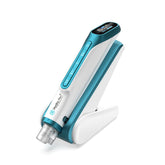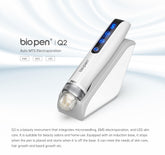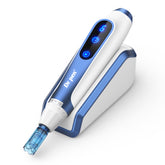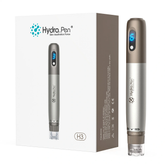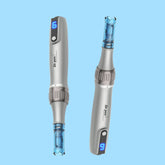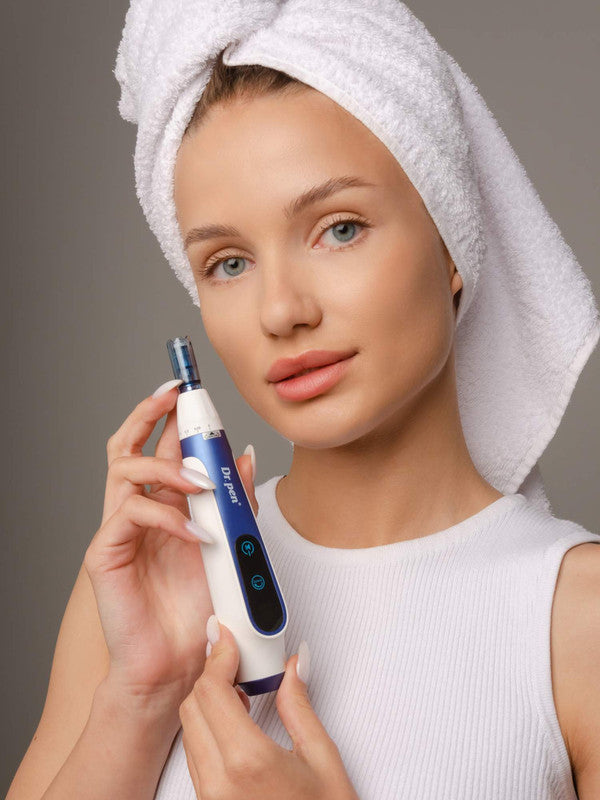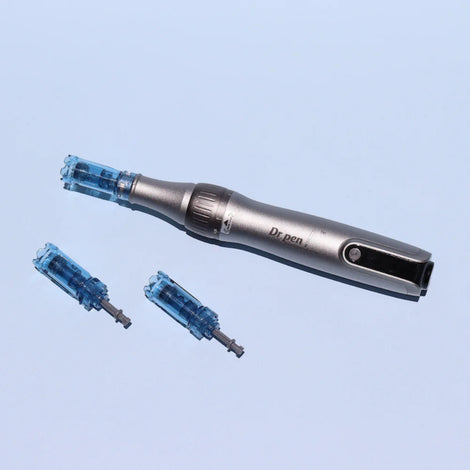Vitamins, minerals and herbs are touted as moisturizing powerhouses that make the skin smooth, supple and radiant. The October Vitamin is often listed among them, and some people take it as a Decongestant. But is vitamin E really beneficial for skin health?
What is vitamin E and how does it help your skin?
Vitamin E is a fat-soluble vitamin that acts as an antioxidant and helps protect cells from damage in your body. It is found in our sebum (skin oil), which forms a natural barrier to maintain moisture in your skin. Therefore, more oily skin surfaces, such as the face, contain a greater amount of vitamin E, and since people with oily skin have more sebum, they also have more vitamin E in their skin.
Sebum naturally decreases with age, along with vitamin E levels. Vitamin E is also consumed by ultraviolet light (UV) sources, such as:
In moisturizers, vitamin E:
It prevents the skin from losing moisture.
Protects cells from damage.
Softens the skin.
The evidence is not yet conclusive, but vitamin E can also reduce sun damage by absorbing UVB rays and reducing your skin's inflammatory response, which includes:
How to use vitamin E for skin health
There are many ways to use vitamin E to protect your skin.
Apply pure vitamin E oil to the skin
"People with dry, flaky skin are more likely to see the benefit of using vitamin E, as it increases hydration, " say the experts.
However, if you have oily, acne-prone skin, you don't need extra vitamin E. You are getting enough in your sebum production.
Topical vitamin E oil penetrates the surface and protects the upper and middle layers of the skin.
"For people whose skin needs to be less dry and itchy, vitamin E seems to do a good job in this regard, " he says.
Use a product containing vitamin E
Dr. ”Using a moisturizer that contains vitamin E can produce a nice synergy to help the product work better at keeping skin cells intact, " says Kassouf. “It also prevents other substances from penetrating the skin and causing irritation.”
Look for products that contain vitamin E to include in your skin care routine. Labels typically list it as tocopherol or tocotrienol. moisturizers as little as 0.1% can improve vitamin E levels in the skin. Products that contain both vitamin C and E are even better. These antioxidants work better together.
Consume
”You need to get enough vitamin E in your diet, ideally through food, but supplements are also an option, " say the experts. "We are starting to see in research that internal antioxidants can help protect us from external threats, such as sun damage.”
Foods high in vitamin E include:
What is vitamin E and how does it help your skin?
Vitamin E is a fat-soluble vitamin that acts as an antioxidant and helps protect cells from damage in your body. It is found in our sebum (skin oil), which forms a natural barrier to maintain moisture in your skin. Therefore, more oily skin surfaces, such as the face, contain a greater amount of vitamin E, and since people with oily skin have more sebum, they also have more vitamin E in their skin.
Sebum naturally decreases with age, along with vitamin E levels. Vitamin E is also consumed by ultraviolet light (UV) sources, such as:
- Sunlight.
- Tanning beds.
- Some fluorescent, halogen and incandescent bulbs.
- How does vitamin E benefit the skin?
- Research is ongoing on how vitamin E benefits the skin.
In moisturizers, vitamin E:
It prevents the skin from losing moisture.
Protects cells from damage.
Softens the skin.
The evidence is not yet conclusive, but vitamin E can also reduce sun damage by absorbing UVB rays and reducing your skin's inflammatory response, which includes:
- Swollen.
- Redness.
- Thickening.
- But don't replace your sunscreen with vitamin E oil. Two types of UV light damage the skin: ultraviolet A (UVA) and ultraviolet B (UVB). Vitamin E can absorb some UVB light, but not all of it.
How to use vitamin E for skin health
There are many ways to use vitamin E to protect your skin.
Apply pure vitamin E oil to the skin
"People with dry, flaky skin are more likely to see the benefit of using vitamin E, as it increases hydration, " say the experts.
However, if you have oily, acne-prone skin, you don't need extra vitamin E. You are getting enough in your sebum production.
Topical vitamin E oil penetrates the surface and protects the upper and middle layers of the skin.
"For people whose skin needs to be less dry and itchy, vitamin E seems to do a good job in this regard, " he says.
Use a product containing vitamin E
Dr. ”Using a moisturizer that contains vitamin E can produce a nice synergy to help the product work better at keeping skin cells intact, " says Kassouf. “It also prevents other substances from penetrating the skin and causing irritation.”
Look for products that contain vitamin E to include in your skin care routine. Labels typically list it as tocopherol or tocotrienol. moisturizers as little as 0.1% can improve vitamin E levels in the skin. Products that contain both vitamin C and E are even better. These antioxidants work better together.
Consume
”You need to get enough vitamin E in your diet, ideally through food, but supplements are also an option, " say the experts. "We are starting to see in research that internal antioxidants can help protect us from external threats, such as sun damage.”
Foods high in vitamin E include:
- Sunflower seeds and oil.
- Nut.
- Corn oil.
- Spinach.
- Broccoli.
- Kiwi.
- Mango and when consumed in the right amount, vitamin E may also help your skin stand up to environmental stressors from the inside out.




